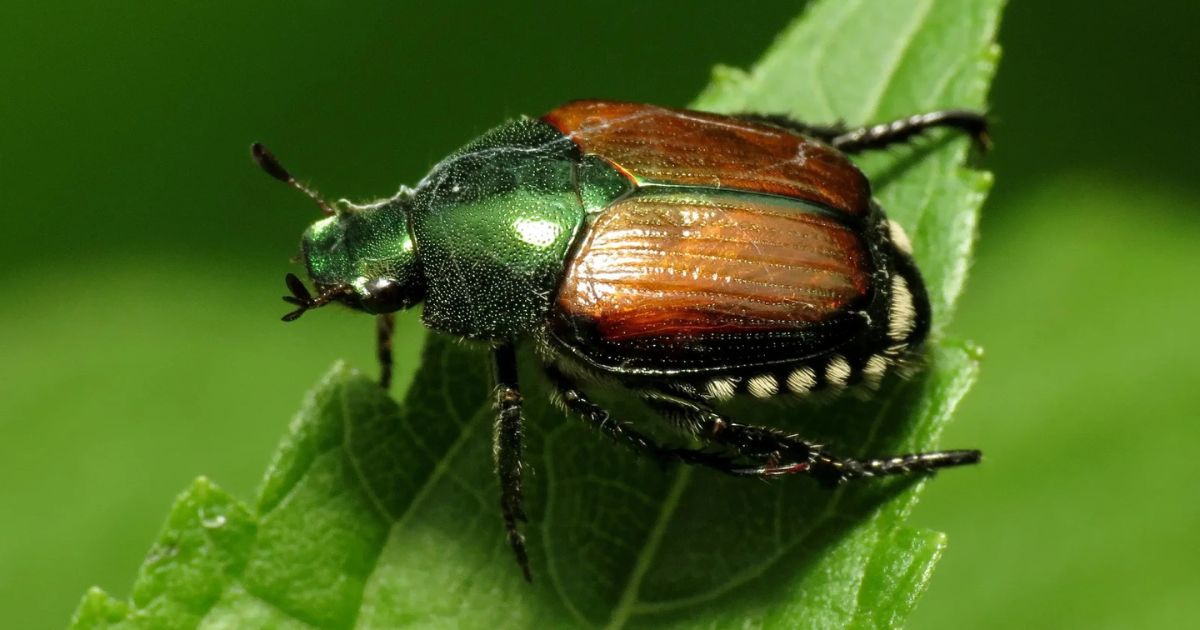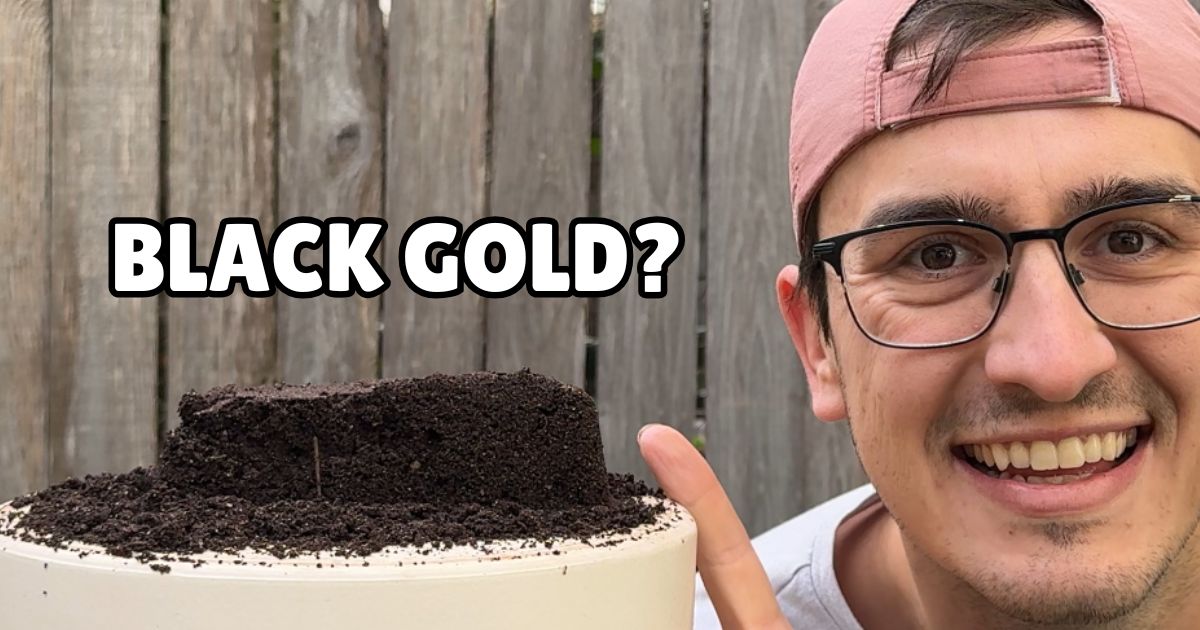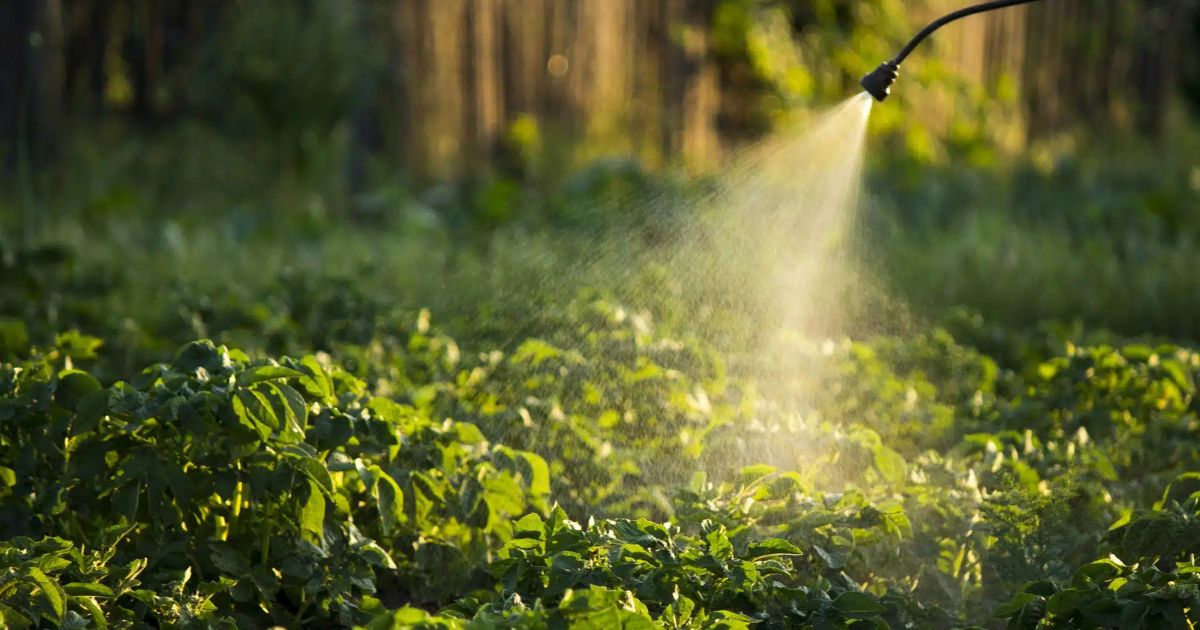
Understanding Japanese Beetles and Effective Ways to Control Them
Japanese beetles are a common pest that wreak havoc on gardens and crops. Recognized by their shiny metallic-green bodies and bronze wings, these invasive insects are a gardener’s nightmare. This comprehensive guide covers everything you need to know, including how to get rid of Japanese beetles, whether they bite, and effective control measures.
What Are Japanese Beetles?
Japanese beetles (Popillia japonica) originated in Japan but are now widespread across North America. Adults measure about half an inch long and are notorious for feeding on over 300 plant species, leaving behind skeletonized leaves and weakened plants.
Do Japanese Beetles Bite?
One of the most common questions is, “Do Japanese beetles bite?” Fortunately, Japanese beetles do not bite humans or animals. They lack the mouthparts needed to break skin and instead use chewing mouthparts designed for consuming plant material.
How to Get Rid of Japanese Beetles
1. Manual Removal
A simple but effective method to get rid of Japanese beetles is handpicking. Drop the beetles into a bucket of soapy water to kill them. Early morning, when they are less active, is the best time to perform this task.
2. Neem Oil Treatment
Does neem oil kill Japanese beetles? Yes, neem oil is a natural and effective way to control them. Spray neem oil directly on plants to repel beetles and interfere with their feeding and reproduction. Repeat applications after rain or as per product instructions for the best results.
3. Trap Placement
Commercial Japanese beetle traps are available, but use them cautiously. Traps attract beetles and can sometimes worsen the problem if placed too close to your garden. Position traps at least 30 feet away from plants you want to protect.
4. Beneficial Nematodes
Nematodes are microscopic organisms that kill Japanese beetle larvae in the soil. Apply nematodes to your lawn in late summer or early fall to target grubs before they mature into adult beetles.
What Eats Japanese Beetles?
Natural predators play a significant role in controlling Japanese beetle populations. Birds, particularly starlings and cardinals, often eat adult beetles. Ground beetles, ants, and parasitic wasps target larvae and eggs. Encouraging biodiversity in your garden can help manage beetle populations naturally.
How to Kill Japanese Beetles Effectively
When infestations are severe, chemical insecticides may be necessary. Look for products specifically labeled for Japanese beetles and follow all safety instructions. Pyrethrin-based sprays are effective against both adults and larvae but should be used sparingly to avoid harming beneficial insects.
Preventing Japanese Beetle Infestations
- Healthy Soil Maintenance: Keep your lawn and garden healthy to minimize beetle damage. Aerate the soil and apply organic compost to improve plant resilience.
- Companion Planting: Certain plants, like garlic and chives, repel Japanese beetles. Consider interplanting them with susceptible species.
- Seasonal Timing: Timing your planting and harvesting to avoid peak beetle activity can reduce damage.
By understanding Japanese beetles and employing these effective strategies, you can protect your garden from their destructive impact. Whether you choose natural methods like neem oil or rely on predators to keep populations in check, proactive measures will yield the best results.



